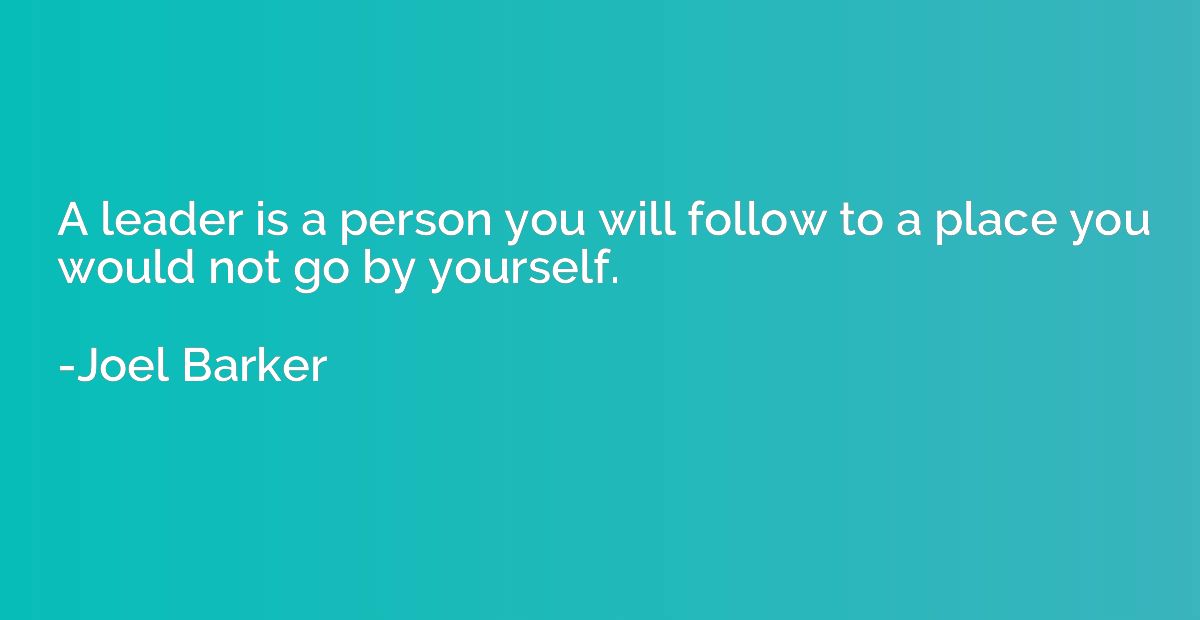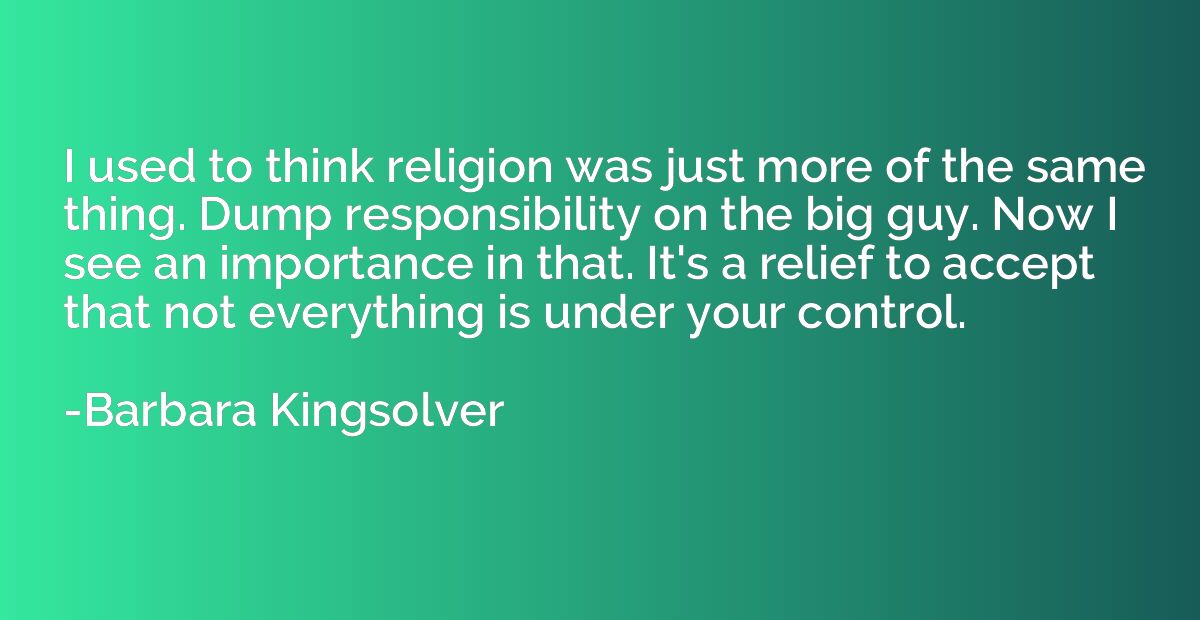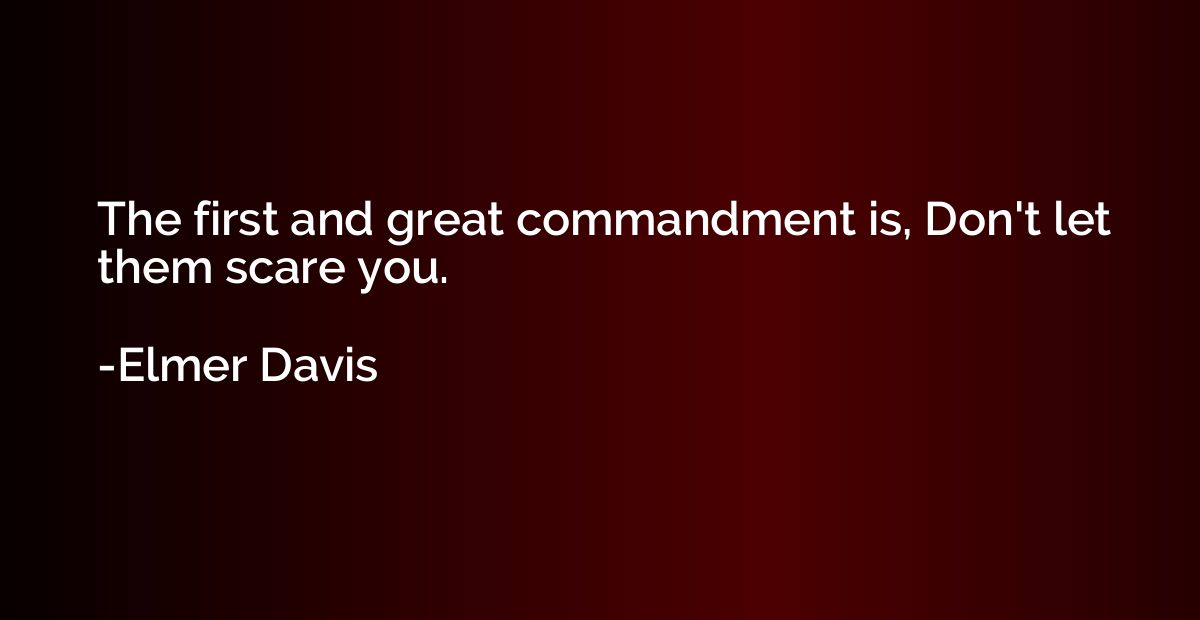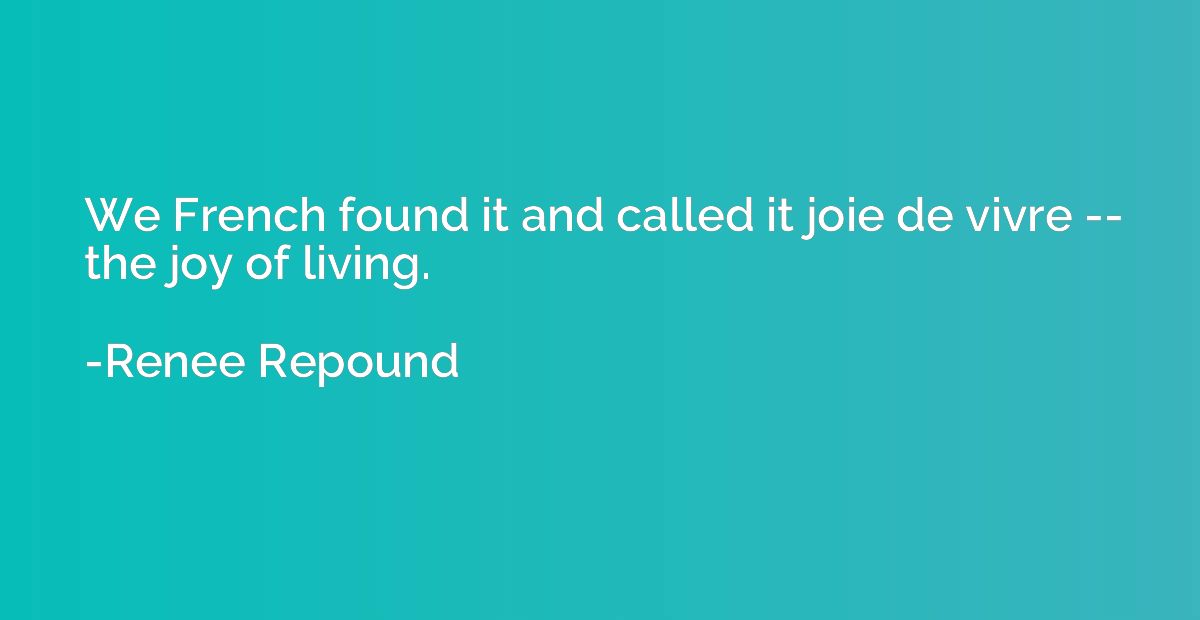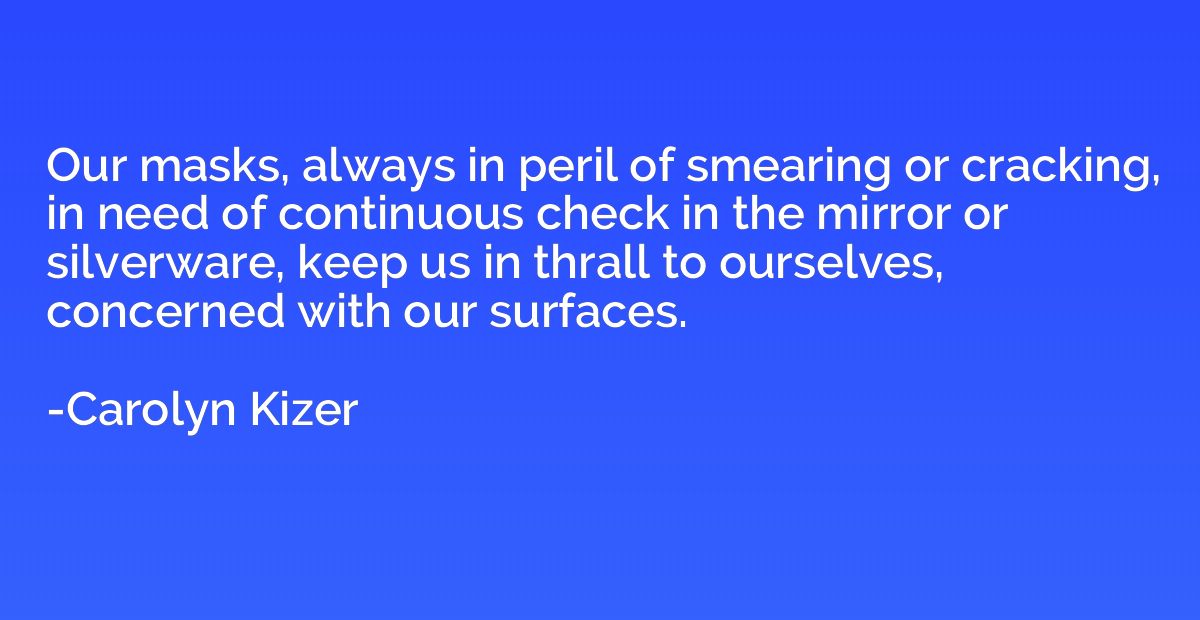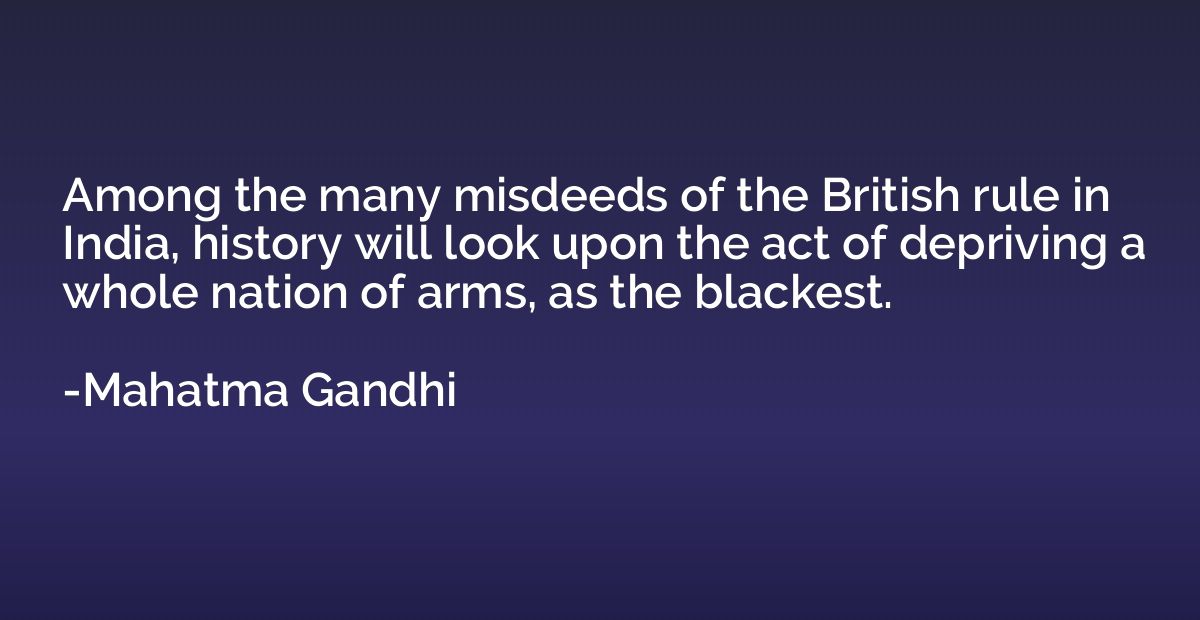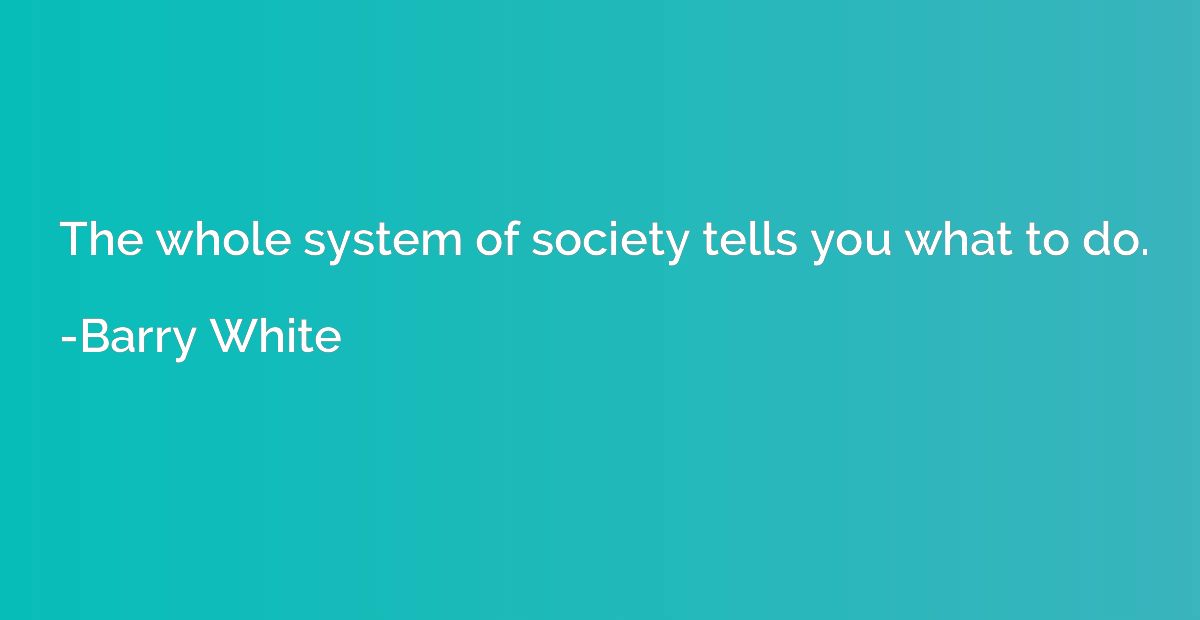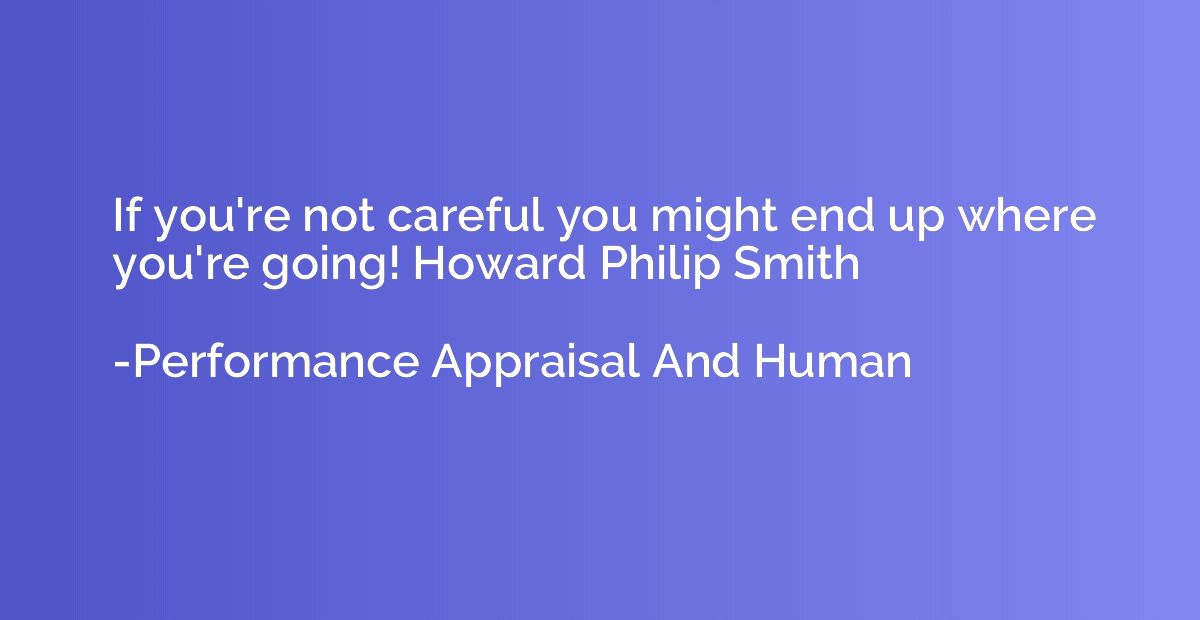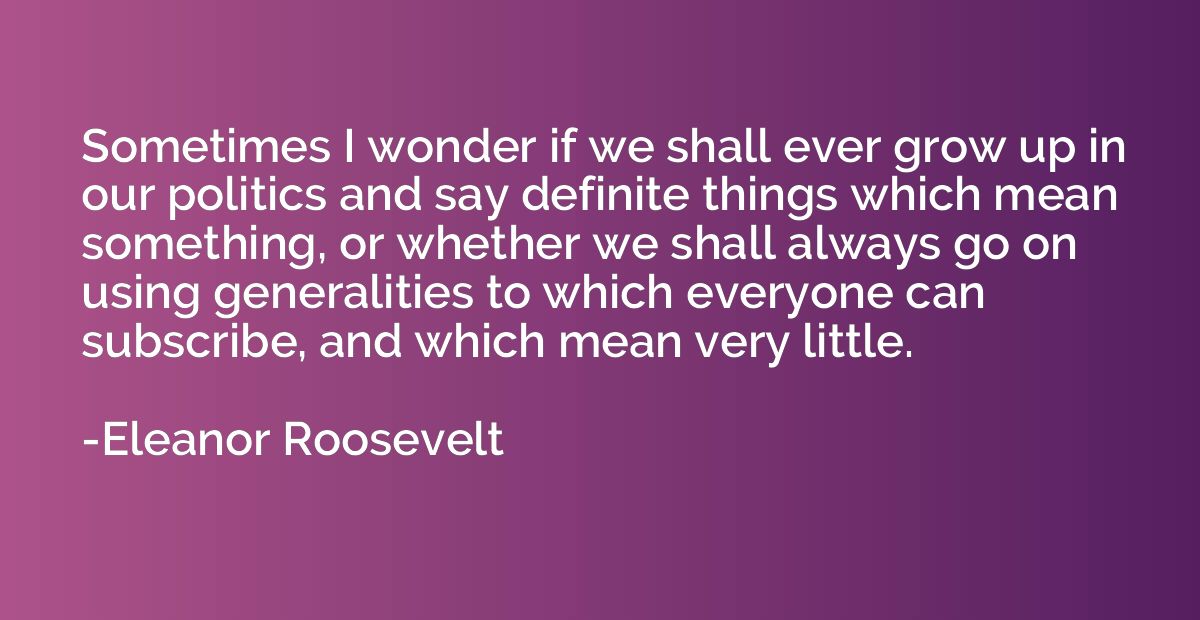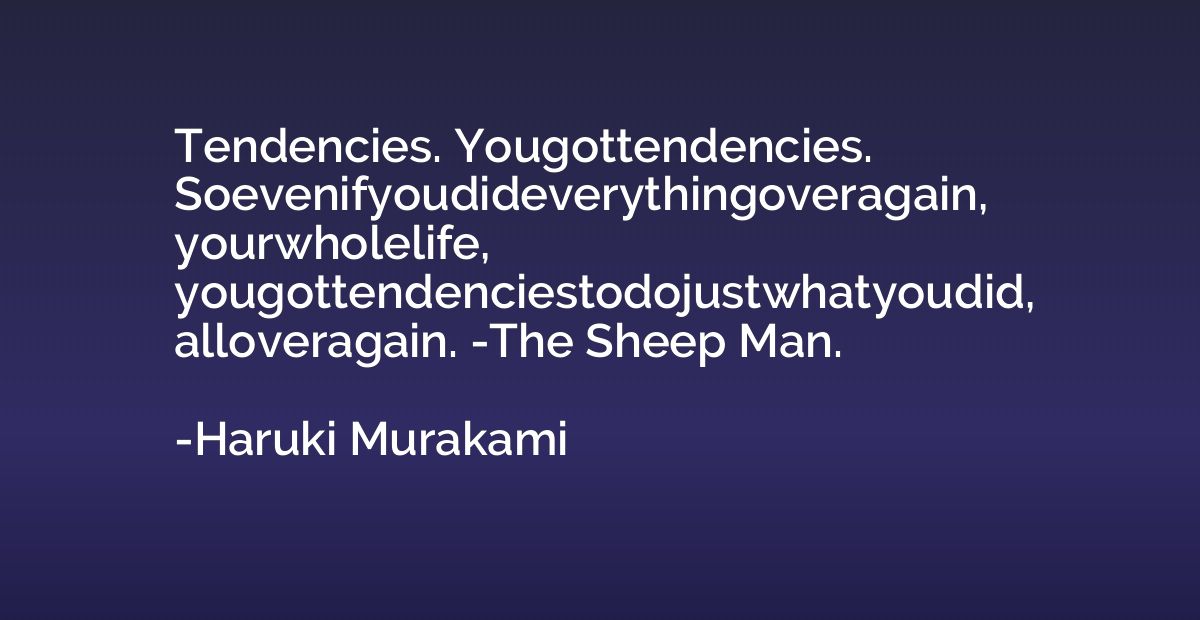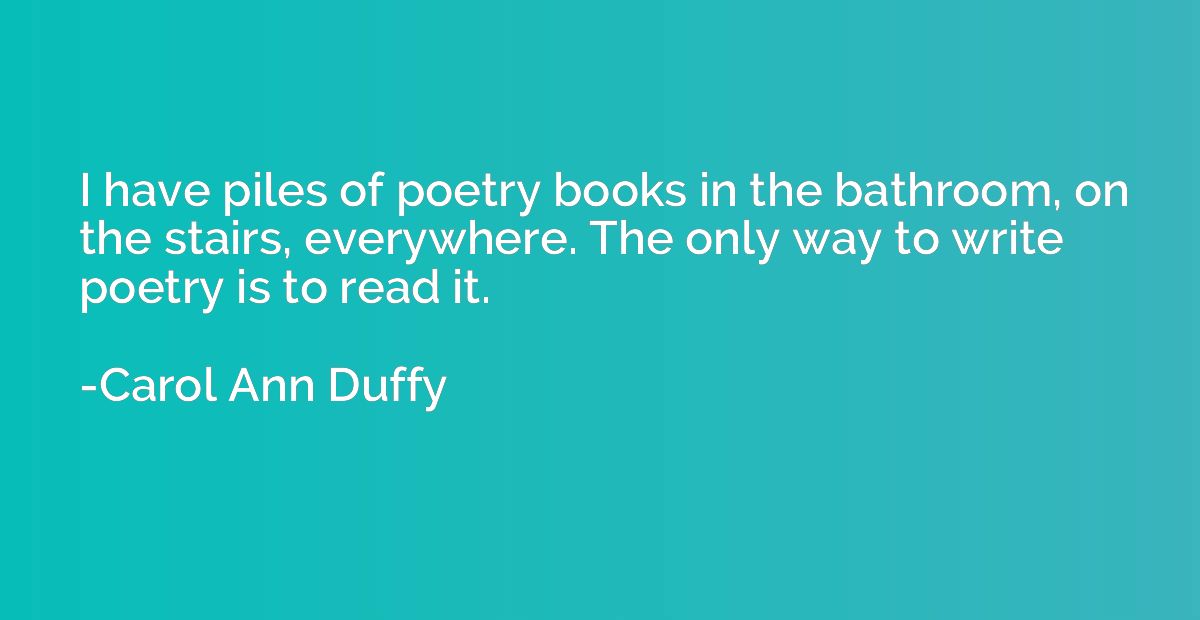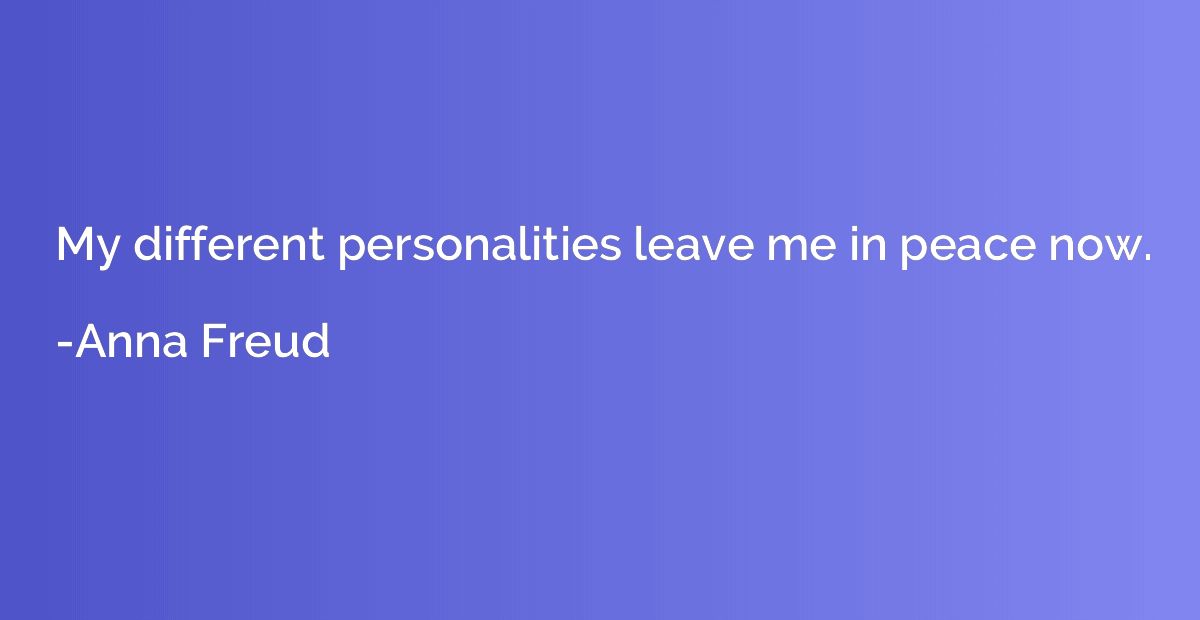Quote by Irving Berlin
Our attitudes control our lives. Attitudes are a secret power working twenty-four hours a day, for good or bad. It is of paramount importance that we know how to harness and control this great force.
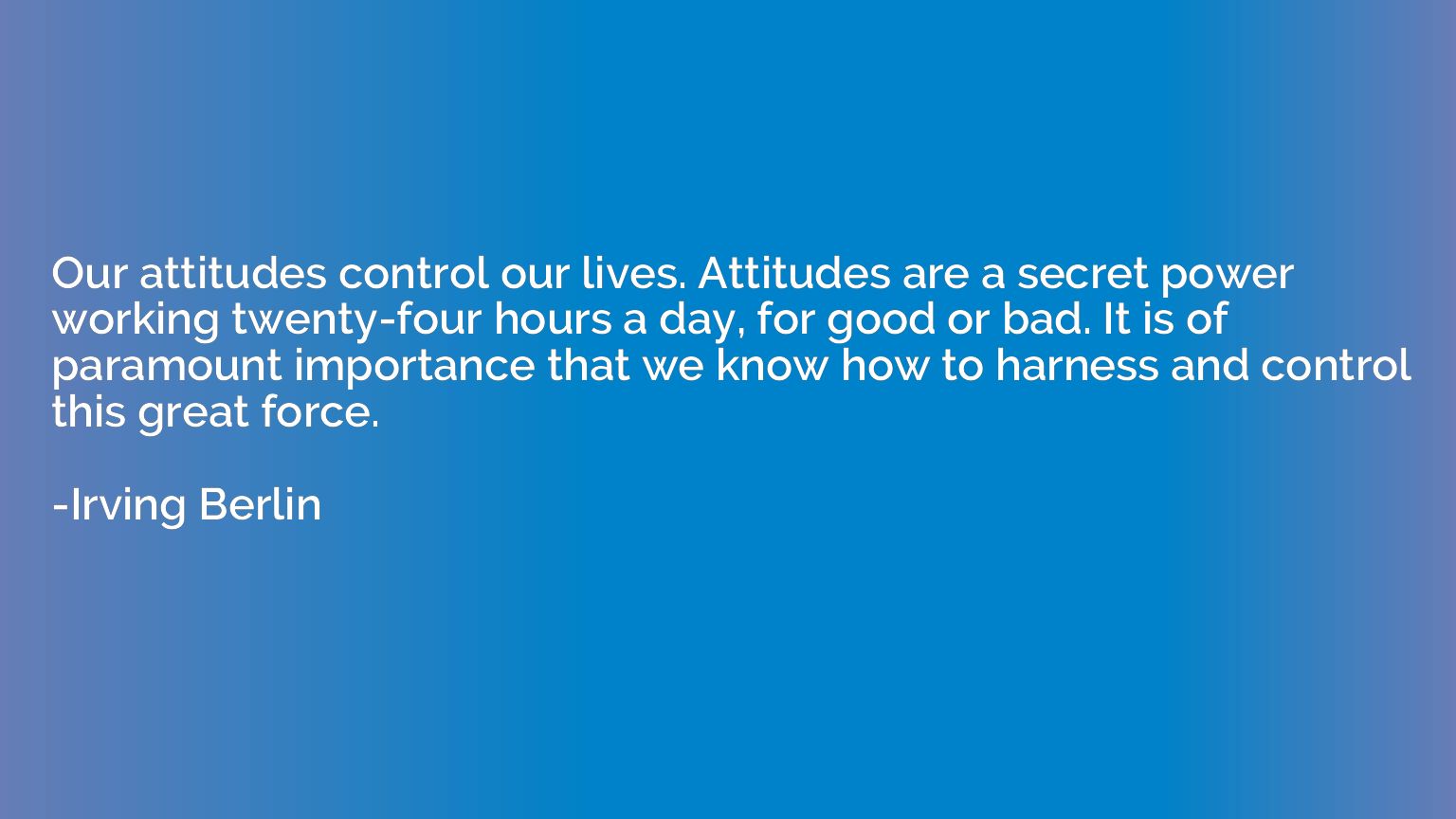
Summary
This quote highlights the profound impact our attitudes have on our lives. Our attitudes, which refers to our mental outlook or perspectives, are identified as a powerful force that operates continuously, whether for positive or negative outcomes. Understanding how to effectively harness and manage this force becomes crucial. By acknowledging the significance of our attitudes, we are empowered to shape our thoughts and beliefs towards more positive and constructive paths, ultimately influencing our actions and ultimately determining the quality of our lives.



